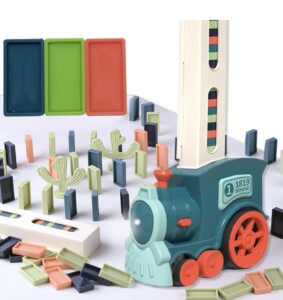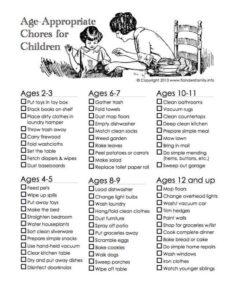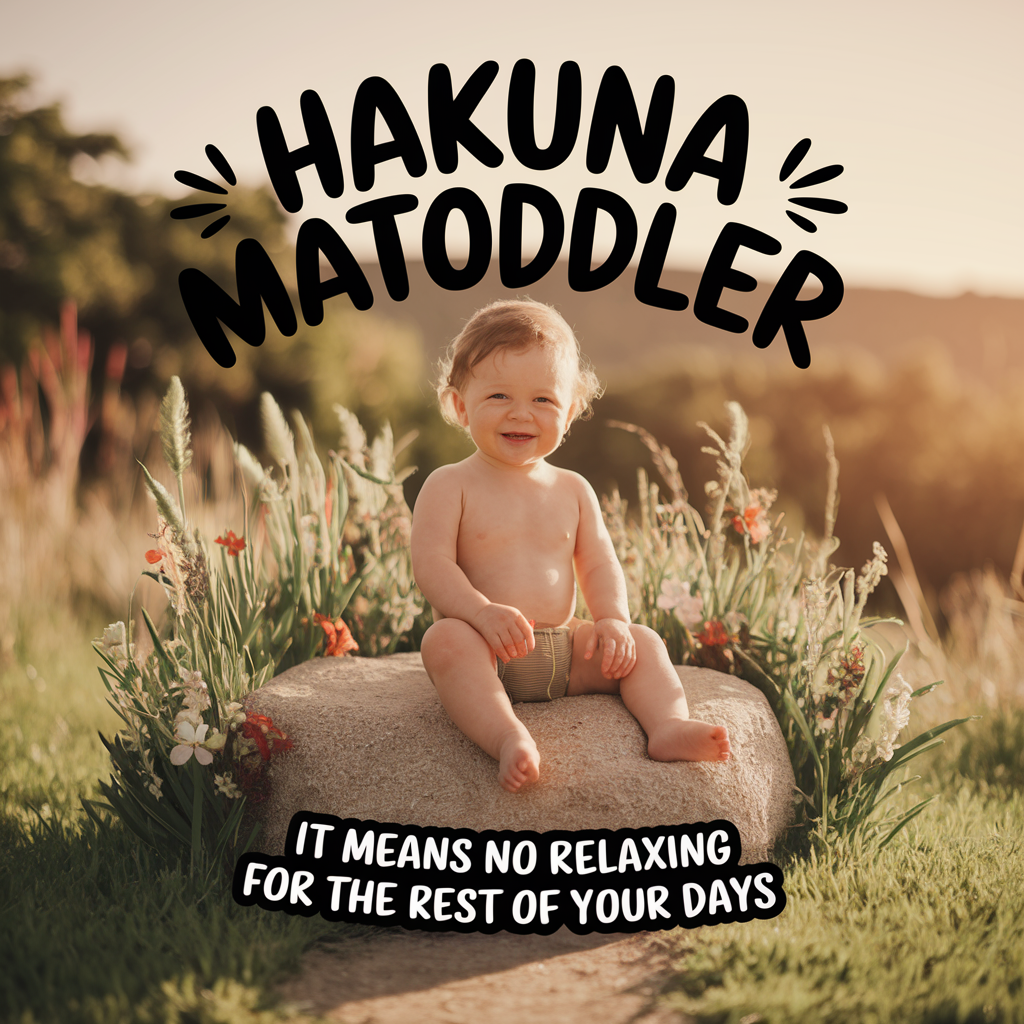
When Does Parenting Get Less Exhausting?
I’ve asked myself this question more times than I can count—usually with a cold coffee in one hand and a toddler climbing my leg like I’m a jungle gym.
When does parenting get less exhausting?
The honest answer? I don’t know yet.
But I can tell you this: if you feel totally drained, like you haven’t sat down in days, or like your brain is running on low battery with no charger in sight—you’re not broken. You’re just in the thick of parenting small kids.
For us, it started to feel relentless once the toddler years hit full force. From the moment he learned how to climb out of his crib, I swear I haven’t relaxed. Every nap time became an experiment in chaos, and bedtime… well, let’s just say it’s less of a routine and more of a wild negotiation.
And what no one warned me about?
It’s not just the physical exhaustion. It’s the mental load. The constant thinking, anticipating, worrying, redirecting, and reacting. The nonstop nature of parenting—especially toddlers—is what really wears you down.
But I have found small ways to survive it, cope through it, and laugh a little along the way. Because if I can’t laugh at the madness, I’ll cry. And I’ve already done enough of that this week.
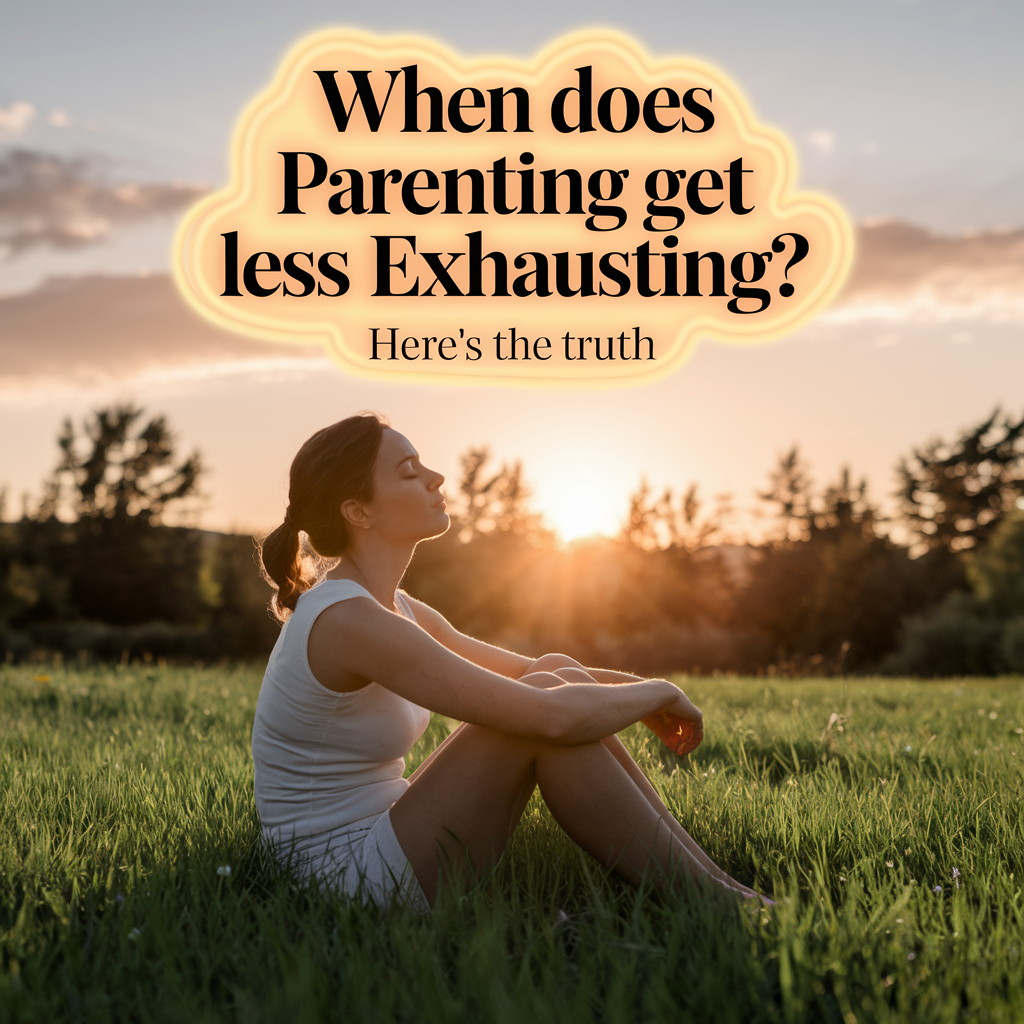
Why Parenting Toddlers Feels Like Running a Marathon Daily
Raising a toddler is like training for a marathon—except you’re sleep-deprived, snack-covered, and interrupted every 30 seconds by someone who has no sense of personal boundaries.
It’s the constant motion.
The never-ending questions.
The messes they create in the time it takes you to blink.
And the fact that you literally can’t sit down without being summoned two seconds later.
Some days, I feel like I’m doing everything right—meals are made, tantrums are handled, and we even manage a cute little craft.
Other days? I’m just trying to survive until bedtime.
The hardest part for me has been realizing that toddlers don’t stop. There’s no pause button. Their energy doesn’t match yours. Their curiosity doesn’t care that you’re tired. And their need for attention doesn’t take lunch breaks.
I’ve had to learn how to give myself grace and stop measuring success by whether I “got everything done.” Because truthfully, I’m never going to get it all done.
But I’m raising a little human. And that’s enough.
More on how I’m learning to cope (and still trying to find my own breathing room) coming up next.
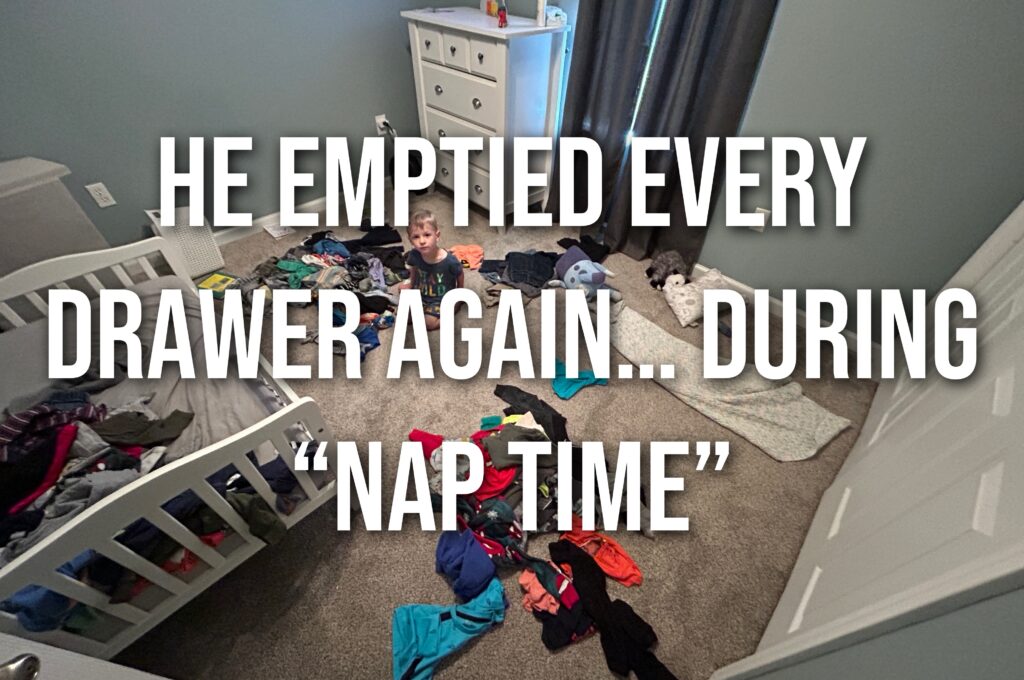
The Emotional and Mental Load No One Prepared Me For
I expected parenting to be physically tiring—chasing a toddler, hauling diaper bags, stepping on Legos barefoot at 6 a.m. But what caught me off guard was how mentally and emotionally draining it would be.
It’s the constant mental juggling:
- Did I restock the wipes?
- Is it too quiet—what’s he doing?
- Did he eat enough today?
- Am I doing this right?
Even on the “easy” days, my mind never shuts off. I’m tracking nap schedules, managing moods, watching for the next meltdown, and trying to meet everyone’s needs while ignoring my own. That’s the real exhaustion. It’s the load that’s invisible—but heavy.
And the emotional part? That’s real too. There’s guilt. Comparison. The pressure to enjoy it all, even when you’re running on fumes. And the deep love you feel? That adds weight too. You care so much it hurts.
I had no idea that something as small as my toddler refusing to nap could derail the entire day—and my entire mood. I didn’t know how deeply I’d feel every tantrum, every clingy moment, every “no!” screamed in my face.
But I’ve learned this: It’s okay to feel overwhelmed. It doesn’t mean you’re a bad parent—it means you’re human.

“Me Time”? Not in Toddlerland
Let’s talk about “me time” for a second. You know, that thing every expert says we need but no one explains how to actually get when you have a toddler?
Before kids, “me time” was a normal part of life. Now, it’s more like a rare mythical event that happens once a month—maybe. And even then, I’m likely folding laundry during it.
I can’t tell you how many times I’ve just sat down with a snack or tried to sneak into the bathroom alone, only to be followed by my tiny shadow asking for crackers, a different cup, or just wanting to sit on my lap while I pee.
There are days where the only way I get a break is by handing over the TV remote and praying for 10 minutes of silence. And you know what? That’s okay. Because sometimes survival trumps ideal.
We started finding little ways to build in moments of rest—not perfect, but better. Things like setting up simple indoor toddler activities that buy me 20 minutes to breathe. Or having my partner take over bedtime so I can go sit in the car and eat chocolate in peace.
Is it glamorous? Nope. But it helps.
And sometimes that’s the win. Not getting it all done, but finding tiny slivers of space in between the chaos.
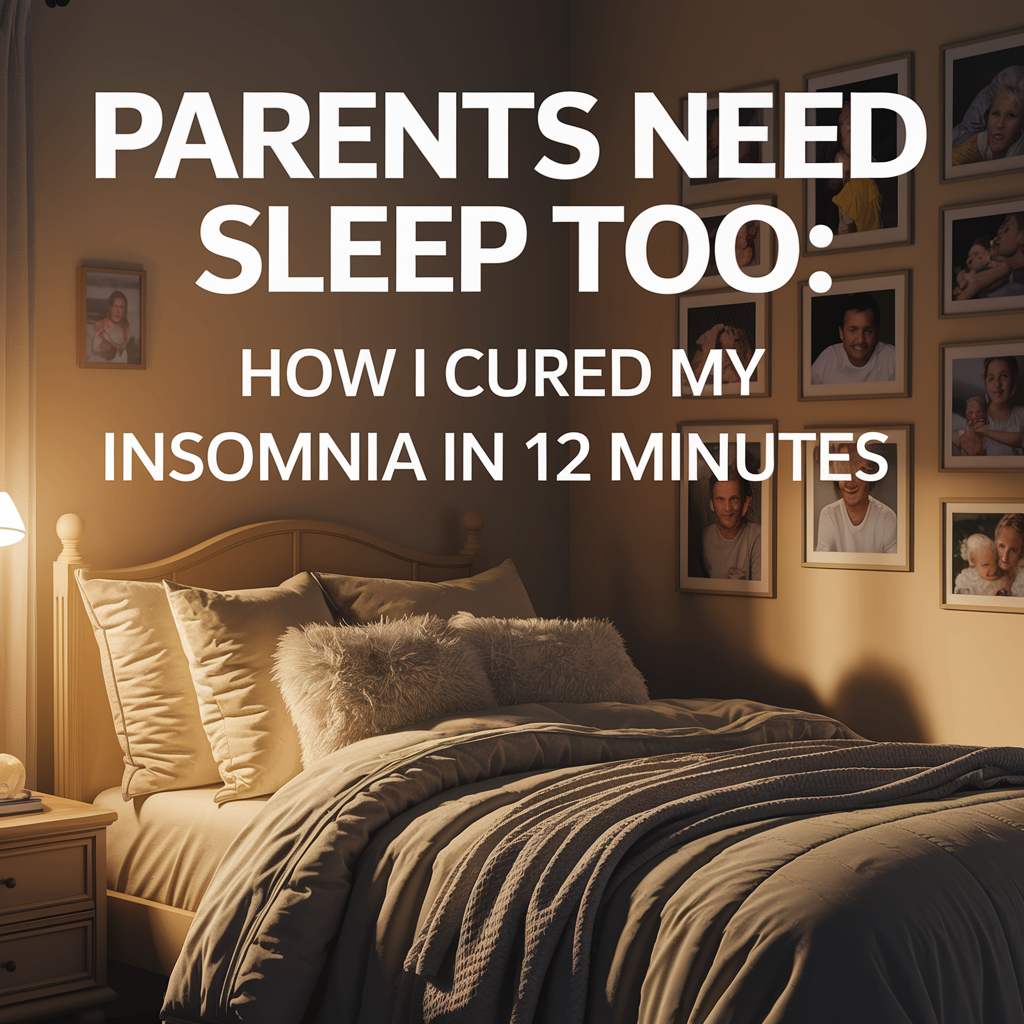
The Constant Interruptions That Drain Us
If I had a dollar for every time I was interrupted mid-thought, mid-meal, mid-sentence—heck, mid-chew—I’d have enough to hire a full-time nanny and a backup. Toddlers don’t believe in silence or personal space. They’re like emotional pop-up ads: always appearing, always urgent.
It’s not just the physical interruption. It’s the mental fragmentation.
Every time I start something—whether it’s cleaning, a message, or just thinking for a second—I’m stopped by:
- “Mommy! Where’s my red cup?”
- “I need help!”
- “Can you wipe me?”
- “My sock feels funny.”
- Unintelligible toddler squeal from the next room
And this happens all day long.
It’s no wonder I sometimes feel like I’ve accomplished nothing by 5 p.m., even though I’ve been moving nonstop.
This is a huge part of why I ask myself constantly: when does parenting get less exhausting? Because it’s not just the physical labor—it’s the constant disruption of every single thought. I don’t remember what uninterrupted feels like anymore.
And when the interruptions pile up, so does the irritability, the brain fog, and that feeling of losing myself.
That’s why I’m learning to celebrate small moments where I get even a slice of peace—like when I discovered a simple fix to stop our toddler from destroying drawers during nap time. One less chaos-maker? Huge win.
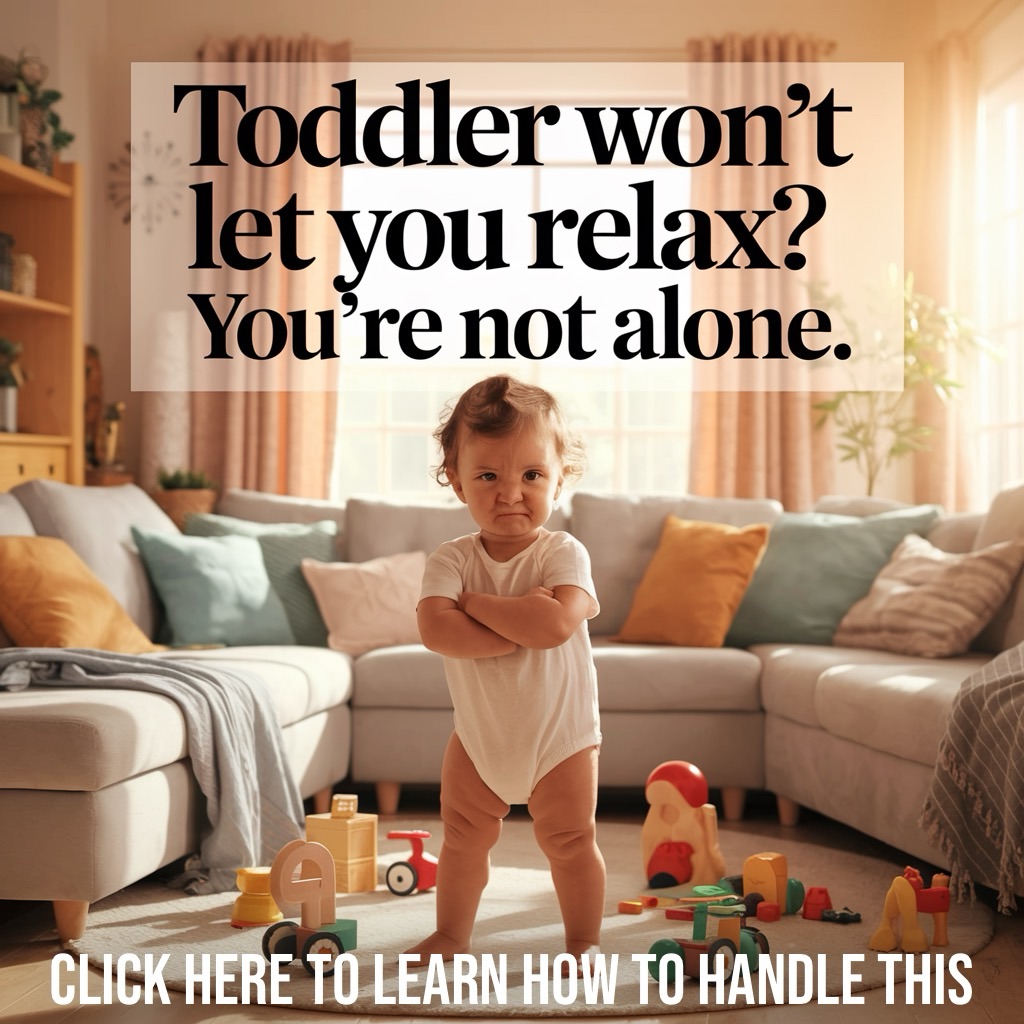
How I’ve Made Peace With the Chaos (Sort Of)
I won’t pretend I’ve figured it all out. I still get touched-out. I still snap more than I’d like. And yes, sometimes I hide in the bathroom just to breathe for 90 seconds without someone asking me for juice.
But I have found ways to stop fighting the chaos and start making peace with it—or at least, coexisting with it.
Here’s what helped me shift (even just a little):
- Accepting this is a season—a messy, loud, exhausting season, but a season all the same
- Letting go of the idea of perfect—my house doesn’t need to be spotless for my kids to feel loved
- Laughing when I want to cry—like when I saw him try to brush the dog’s teeth with my toothbrush
- Connecting with other tired parents—because just hearing “same here” makes me feel less alone
- Finding tiny wins—like a day where he played quietly for 15 minutes, or went to bed without a debate team performance
Making peace doesn’t mean I love the chaos.
It just means I’ve stopped letting it define the whole experience.
Because for every hard moment, there’s one sweet, hilarious, weird little thing that makes it all feel worth it.

The Little Things That Actually Help Me Feel Human Again
I don’t need a spa day or a weekend away (though I’d never turn those down). What I really crave as a tired parent is just to feel a little more like myself—even for five minutes at a time.
And over time, I’ve learned that those moments don’t have to be huge. They’re in the little things. The tiny routines. The micro-breaks. The toddler distractions that actually work for more than 42 seconds.
Here’s what’s helped me stay sane (and semi-human):
- Waking up before my toddler—even just 10 minutes to sip coffee without anyone asking for snacks
- Rotating simple toys—so he’s excited about things he already owns, not just dragging out every item he owns at once
- Having a go-to activity stash—like easy indoor toddler activities that give me a few guilt-free quiet moments
- Letting go of screen time guilt—Bluey = sanity. It is what it is.
- Finding a rhythm that’s flexible but not chaotic—like lunch right after playtime, quiet time after lunch, and no-pressure routines that help both of us
None of this fixes the exhaustion. But it softens it.
It gives me space to breathe. To feel like I’m more than just a snack-fetching, tantrum-defusing machine.
And when I start to feel totally depleted, I remind myself: this phase is short. His needs won’t always be this constant. One day, he won’t need me like this—and I’ll miss being his whole world.
So for now, I look for the little moments that refill me—because those tiny wins are sometimes the only thing keeping me upright.
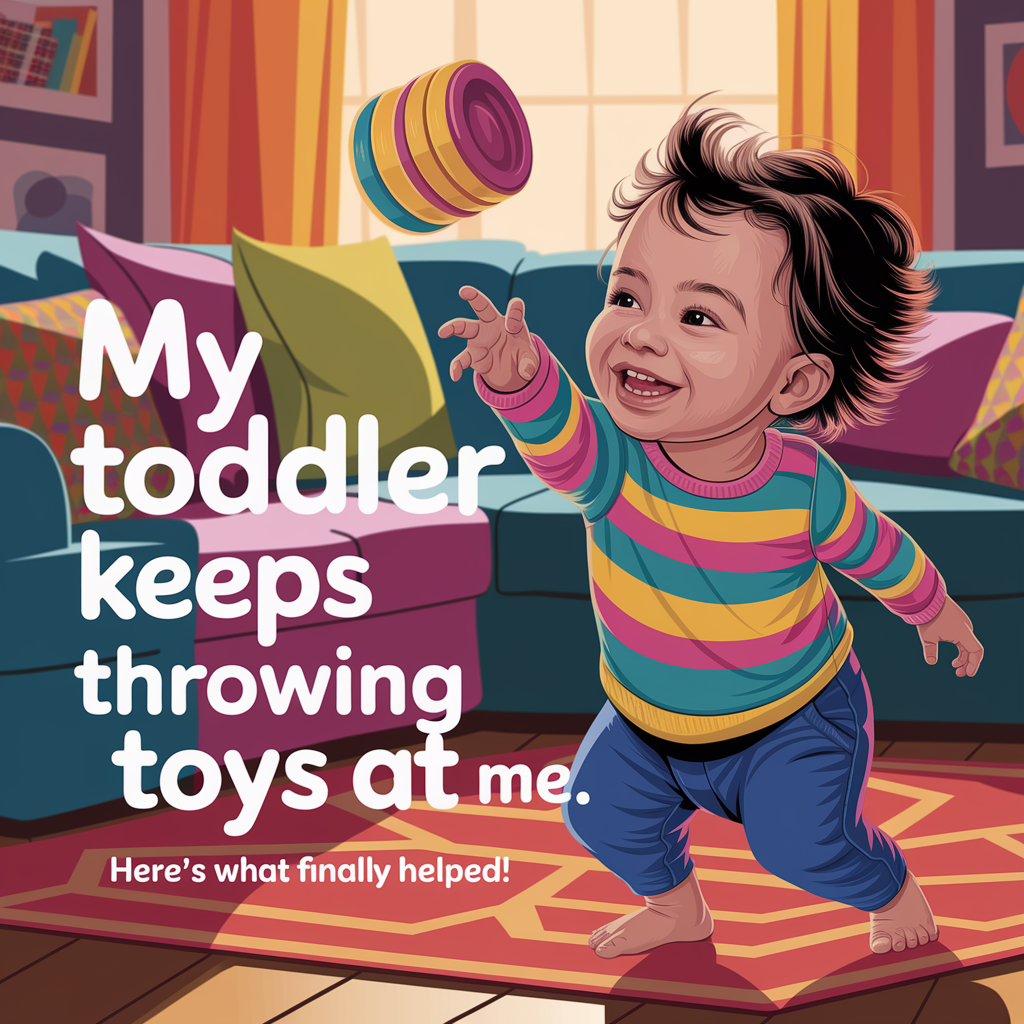
You’re Not Alone—Tired Doesn’t Mean You’re Failing
Why is parenting so exhausting?
Because it’s everything. It’s being the chef, the nurse, the referee, the teacher, the emotional support human—and doing it all while sleep-deprived and interrupted constantly. It’s hard because it matters. That doesn’t make it any less overwhelming.
Will parenting ever get easier?
In some ways, yes. The physical exhaustion changes as kids grow. One day you’ll go to the bathroom without someone watching. One day your couch cushions won’t be removed daily. But emotionally? Parenting will always stretch you. It’s just that your capacity grows with it.
What age is parenting the hardest?
Different for everyone. But the toddler years? Whew. This stage is a storm of big emotions in tiny bodies. It’s constant needs and no breaks. For many of us, this is one of the most draining phases—physically and emotionally.
How do I survive the toddler years without burning out?
Lower the bar. Find humor in the madness. Accept help without guilt. Take shortcuts. Embrace the mess. And stop comparing. What helps one mom won’t always work for you, and that’s okay. Just focus on what keeps you steady—even if that means snacks and screen time on repeat some days.
Is it normal to feel completely drained by motherhood?
Absolutely. Feeling exhausted doesn’t mean you’re doing it wrong. It means you’re showing up. And showing up—especially when you’re tired—is a form of love that your kids will never forget.
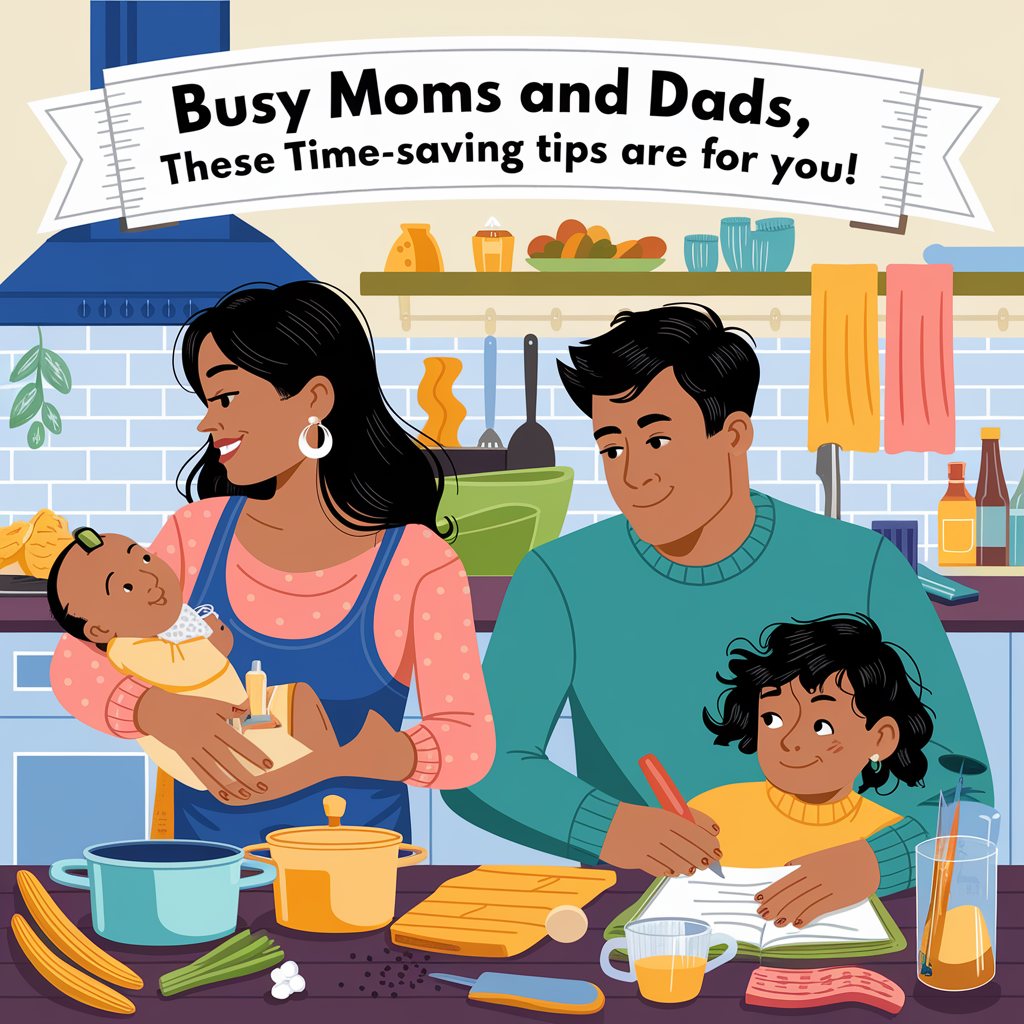
A Season of Exhaustion, a Lifetime of Meaning
So, when does parenting get less exhausting?
Not today. Probably not this month. But slowly—quietly—it does shift.
One day you’ll look around and realize they don’t need you every second. One day you’ll drink a hot coffee and miss the noise. One day you’ll have space to breathe, and part of you will long for just one more toddler snuggle with sticky hands.
Until then, if you’re feeling emotionally drained, physically worn out, and wondering how long you can keep this up—know that you’re in the thick of it. And you’re not doing it wrong. You’re doing something incredibly important.
You’re raising little humans.
And there’s nothing more meaningful—or more exhausting—than that.
Read how I finally got a break from the chaos, even if it started with locking a dresser. Small wins matter.
You’ve got this—even if you’re doing it in sweatpants and half a bun.
As an Amazon Associate we earn from qualifying purchases through some links in our articles.
